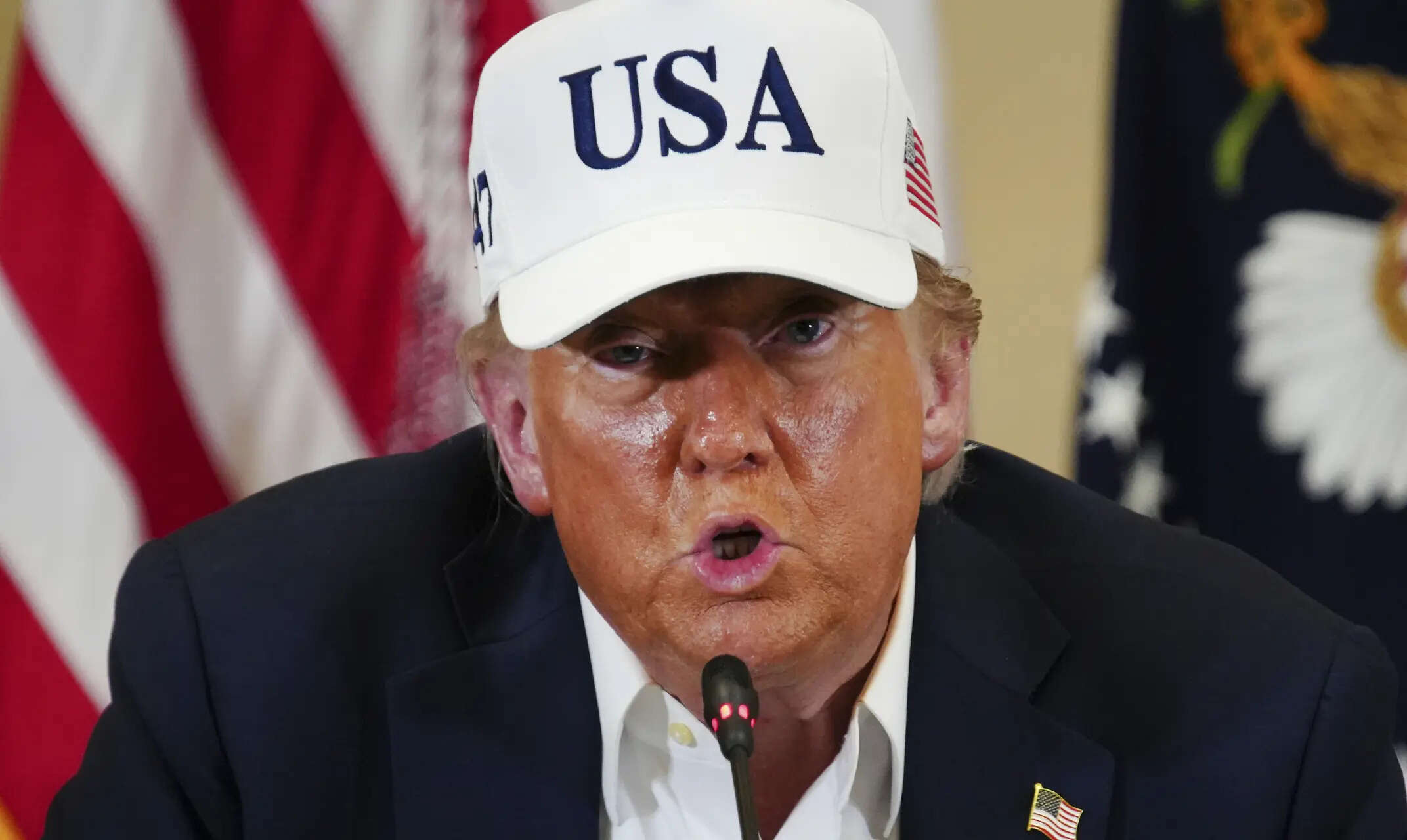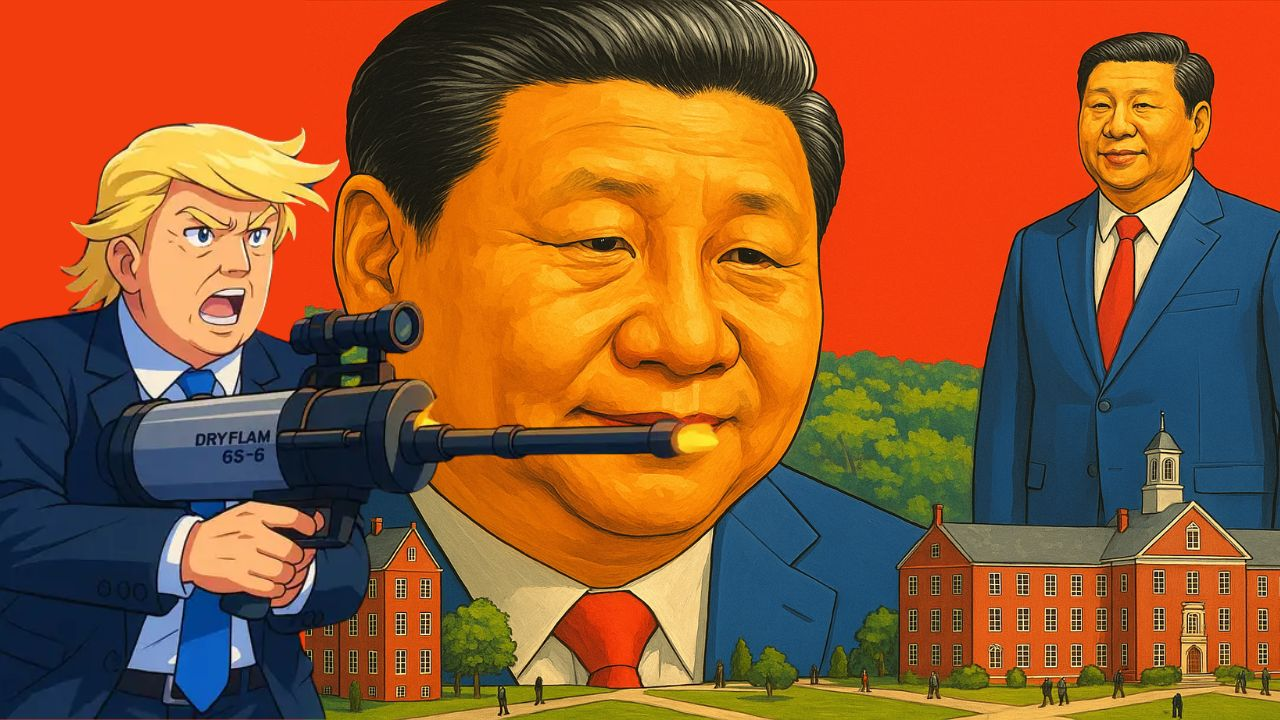A recent controversial statement by Jennifer Welch suggesting a ban on Trump voters from certain ethnic restaurants has ignited a firestorm of debate. The statement, reportedly made in a less-than-formal setting, sparked outrage and prompted intense discussion about the intersection of political beliefs and social interactions.
Welch’s comments, which included the phrase “If you want to browbeat…,” have been interpreted by many as advocating for the exclusion of individuals based on their political affiliations. This has raised questions surrounding freedom of expression, discrimination, and the appropriateness of such exclusionary practices in public spaces. The incident highlights the increasingly polarized political climate and its impact on everyday life.
The controversy has prompted widespread reactions, with critics arguing that such a proposition is discriminatory and undermines the principles of inclusivity. Supporters of Welch, however, argue that her comments were taken out of context or reflect a frustration with specific political viewpoints. Regardless of interpretation, the incident underscores the need for respectful dialogue and thoughtful consideration of the implications of political rhetoric.
The debate serves as a stark reminder of the complexities surrounding freedom of speech and its potential consequences. It also calls for a deeper reflection on how political divisions manifest in various aspects of social life and the importance of fostering understanding and tolerance in a diverse society.
This incident raises important questions for restaurant owners and managers, forcing them to confront the challenge of balancing their own political beliefs with providing a welcoming environment for all patrons. The long-term impact of this controversy remains to be seen, but its immediate effect is to reignite critical discussions about political discourse and social responsibility.




